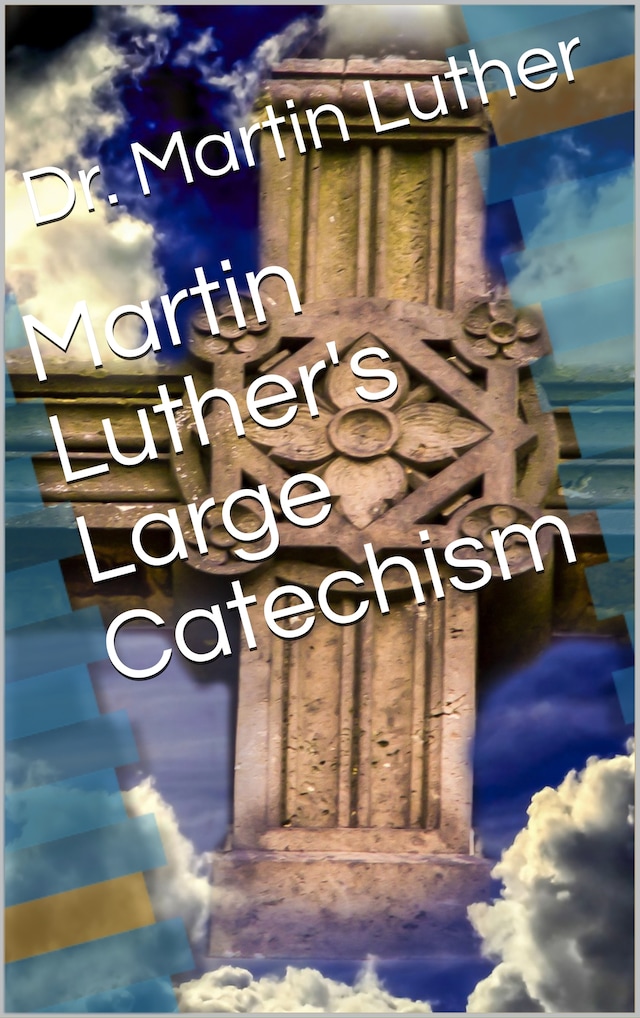
Martin Luther's Large Catechism, translated by Bente and Dau
Beskrivelse av boken
Luther's Large Catechism (German: Der Große Katechismus) is a catechism by Martin Luther. It consists of works written by Luther and compiled Christian canonical texts, published in April 1529. This book was addressed particularly to clergymen to aid them in teaching their congregations. Luther's Large Catechism is divided into five parts: The Ten Commandments, The Apostles' Creed, The Lord's Prayer, Holy Baptism, and The Sacrament of the Eucharist. The Catechism, along with related documents, was published in the Book of Concord in 1580.
The Large Catechism typifies the emphasis which the churches of the Augsburg Confession placed on the importance of knowledge and understanding of the articles of the Christian faith. Primarily intended as instruction to teachers, especially to parents, the Catechism consists of a series of exhortations on the importance of each topic of the Catechism. It is meant for those who have the capacity to understand, and is not meant to be memorized but to be repeatedly reviewed so that the Small Catechism could be taught with understanding. For example, the author stipulates in the preface:
Therefore it is the duty of every father of a family to question and examine his children and servants at least once a week and to ascertain what they know of it, or are learning and, if they do not know it, to keep them faithfully at it. The catechism, Luther wrote, should consist of instruction in the rule of conduct, which always accuses us because we fail to keep it (Ten Commandments), the rule of faith (Apostles' Creed), the rule of prayer (Lord's Prayer), and the sacraments (Baptism, Confession, and Communion).
Luther adds:
However, it is not enough for them to comprehend and recite these parts according to the words only, but the young people should also be made to attend the preaching, especially during the time which is devoted to the Catechism, that they may hear it explained and may learn to understand what every part contains, so as to be able to recite it as they have heard it, and, when asked, may give a correct answer, so that the preaching may not be without profit and fruit.
 Martin Luther
Martin Luther 155 Sider
155 Sider